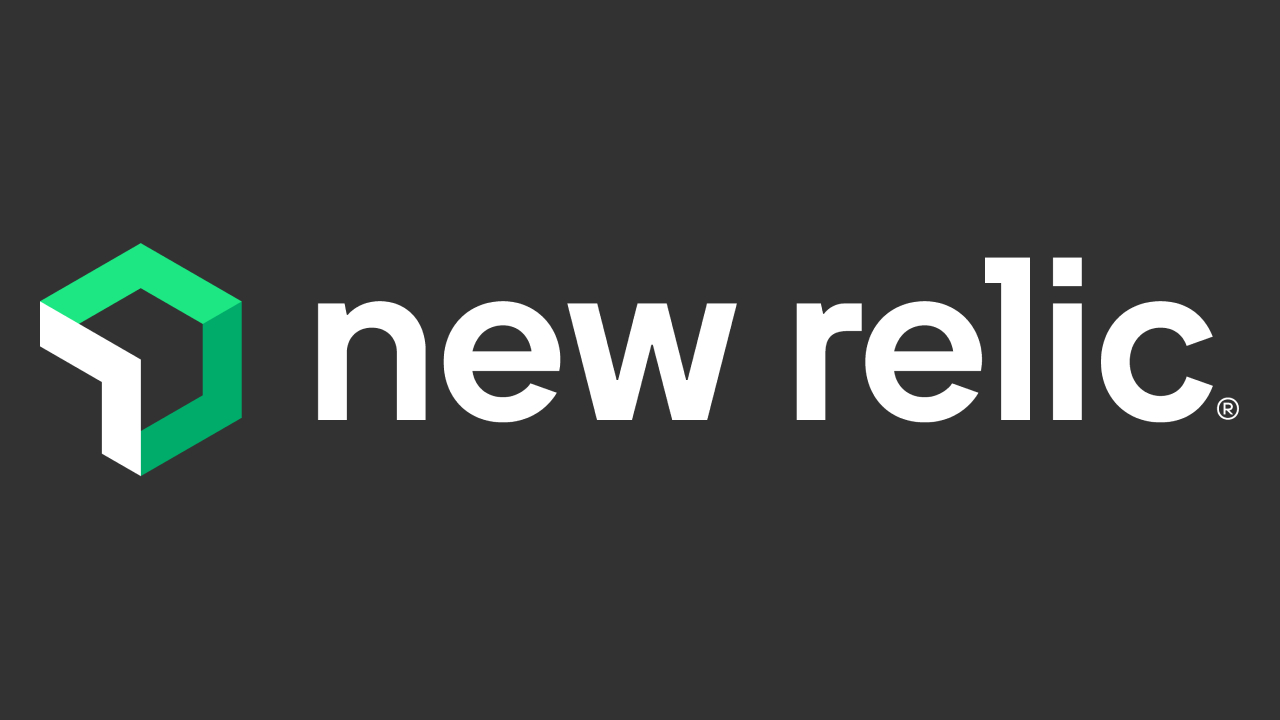New Relic defends complaints of increasing prices, other customer gripes
Observability platform provider says its pricing model “allows for spend predictability”


Observability specialist New Relic has defended itself against customer complaints around price increases, insisting its platform offers “major cost savings” when compared to alternative products on the market.
During an online question-and-answer session, one user asked why the company’s pricing “keeps going up and up”, adding that they “keep joining companies with New Relic, only for them to dump New Relic for a cheaper solution when renewal comes around”.
Earlier this year, New Relic upped its data price from $0.25/GB to $0.30/GB – a change which comes into effect at the end of each company’s contract term. Umber Singh, New Relic’s vice president of deal strategy and monetisation, said this may explain the perceived multiple increases.
“After several years of continued investment in our platform to increase customer ROI for every GB, earlier this year we announced we were increasing our data price for default retention from 25c to 30c, a change which goes into effect at end of each contract's contract term, so this may be why you encountered this scenario at different times/companies,” Sing replied.
According to New Relic, these changes enable more predictable pricing for customers, eliminating costly extras, and avoiding “bait and switch” pricing that offers low entry costs but pricier add-ons.
“In short, our pricing model allows for spend predictability, major cost savings from alternatives and value that grows as users adopt more features, and as we continue to provide more innovation without further increases in cost,” Sing said.
“To subsidise data costs, we shifted the majority of spend into a much more predictable and aligned-to-value user metric: still free to query your data but a per-user price to access curated user experiences for root cause detection that can be customised based on feature requirements and that comes with volume-based discounting for deals with a pre-committed spend.”
Stay up to date with the latest Channel industry news and analysis with our twice-weekly newsletter
Another user took issue with New Relic’s training setup, asking: “does New Relic recognise how absurd it is to advocate for multiple weeks of intensive training to learn how to use their product"?
“When your sales and customer service organisation attempts to leverage training sessions for onboarding onto New Relic that requires that much bandwidth commitment as a value add is an indicator there is a disconnect with the market.”
In response, New Relic said it now pursues a “dual strategy” of ensuring that its platform is equipped with the tools and documentation to help new users learn what they need to get started, as well as offering the training that some teams want and benefit from.
“I think we’ve made good progress but there is lots of room to do better and we’re pursuing it actively,” said Nic Benders, general manager and vice president of New Relic’s Telemetry Data Platform. “A curious person with a DevOps mindset should be able to pick up New Relic totally self-guided and when they can’t, that’s a bug.”
Expanded partner ecosystem
Elsewhere, New Relic has also announced an expansion of its partner ecosystem, with the firm now offering integrations with more than 500 cloud services, open source tools, and enterprise technologies. New integrations have been added from popular developer tools such as Atlassian, AWS, CircleCI, Confluent, Jenkins, JFrog, and Snyk.
Gal Tunik, the company’s new vice president of cloud and product partnerships, will lead its expanding relationships with cloud providers, manage product integrations, as well as oversee joint revenue production with partners.
“We see the incredible value in providing a vast ecosystem of partnerships and integrations that help engineers grow their observability practices alongside the tools and technologies they already know and love,” said Peter Pezaris, senior vice president of strategy and experience at New Relic.
Dan is a freelance writer and regular contributor to ChannelPro, covering the latest news stories across the IT, technology, and channel landscapes. Topics regularly cover cloud technologies, cyber security, software and operating system guides, and the latest mergers and acquisitions.
A journalism graduate from Leeds Beckett University, he combines a passion for the written word with a keen interest in the latest technology and its influence in an increasingly connected world.
He started writing for ChannelPro back in 2016, focusing on a mixture of news and technology guides, before becoming a regular contributor to ITPro. Elsewhere, he has previously written news and features across a range of other topics, including sport, music, and general news.
-
 Microsoft unveils Maia 200 accelerator, claiming better performance per dollar than Amazon and Google
Microsoft unveils Maia 200 accelerator, claiming better performance per dollar than Amazon and GoogleNews The launch of Microsoft’s second-generation silicon solidifies its mission to scale AI workloads and directly control more of its infrastructure
-
 Infosys expands Swiss footprint with new Zurich office
Infosys expands Swiss footprint with new Zurich officeNews The firm has relocated its Swiss headquarters to support partners delivering AI-led digital transformation
